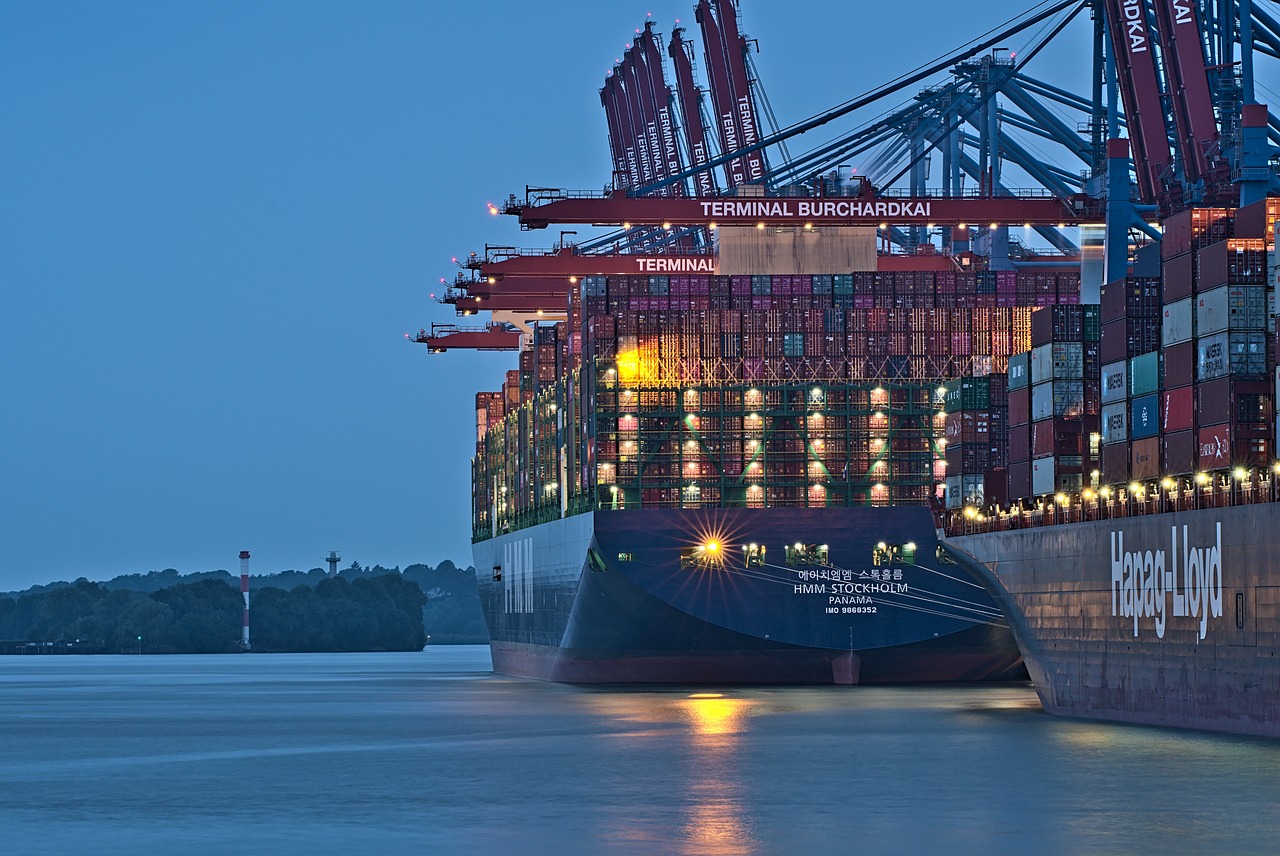The Significance of the UK’s Partial Halt on Arms Exports to Israel Explained
Introduction
Recently, there has been a noteworthy unveiling on the global political sphere following breather by the United Kingdom (UK) to press pause partially at least for arms exportation into Israel. Questioning the motivations behind such a step and what it means led to debates taking place everywhere.
For more articles check Newsworldportal
A brief history of UK arms exports to Israel.
The UK is a long-standing arms exporter, with Israel being one of the most prominent customers. The British government’s arms sales to Israel have sparked significant controversy over the years amid fears that acquired can be used by israel for human rights abuses and violations in its conflict with Palestine.
Partial halt on arms exports overview
The UK holds partial arms export licences to Israel_SEP. La Stampa/CAMERAPRESSмотрите также The detail of this move is yet to be fully revealed, but it suggests a much stricter approach to arms sales by the UK into Israel. The government, under intense pressure from human rights organizations and campaigners demanding a suspension of arms transfers after UK weapons were allegedly misused in conflicts around the world.
What the UK decision means
A partial suspension of arms to Israel has many consequences Firstly, it sets a clear marker that the UK takes concerns about human rights violations seriously and is prepared to act on them even when they come from longstanding partners. It is consistent with the rise in worldwide demand for responsible arms exports as well as heightened accountability of countries that do make, and sell weapons.
Analysis of the significance
It is a move away from the UK’s previous position in which human rights abuses were often thought of as secondary to economic and political interests. But the UK’s decision in this case shows it is at least feels duty-bound to prevent its arms exports from playing a role in any wars that breach international humanitarian law and human rights.
Motives behind the partial halt
I could list many factors, what motivated the UK to stop this partial halt with regard to arms exports: More importantly, it signals public sentiment and a growing unease of the nations part in human rights abuses during conflicts. Second, it could be a political tactic to appease global standards and reputation.
The verdict has been met with a slew of reactions and responses
The response to the UK suspension of arms exports has been mixed. Proponents of the decision hailed it as an onward step in peace and human rights, however critics contended that Britain’s partnership with Israel would be upset by doing so because National safety blanket for Jannah was ignored.
Conclusion
The UK’s suspension of arm sales to Israel is a crucial development for the country, as it has never done so before. It shows a rededication to the principle that human rights and ethics matter in arms transfers. The ramifications of the decision go further than between two sets and underline how vital it is to take serious concerns about military equipment being used in a global theatre as far from actively that moves can be made by anyone carrying those weapons. How the rest of world responds to this decision will be a litmus test for future policy changes in other countries toward development and implementation of a more responsible, accountable arms trade.






